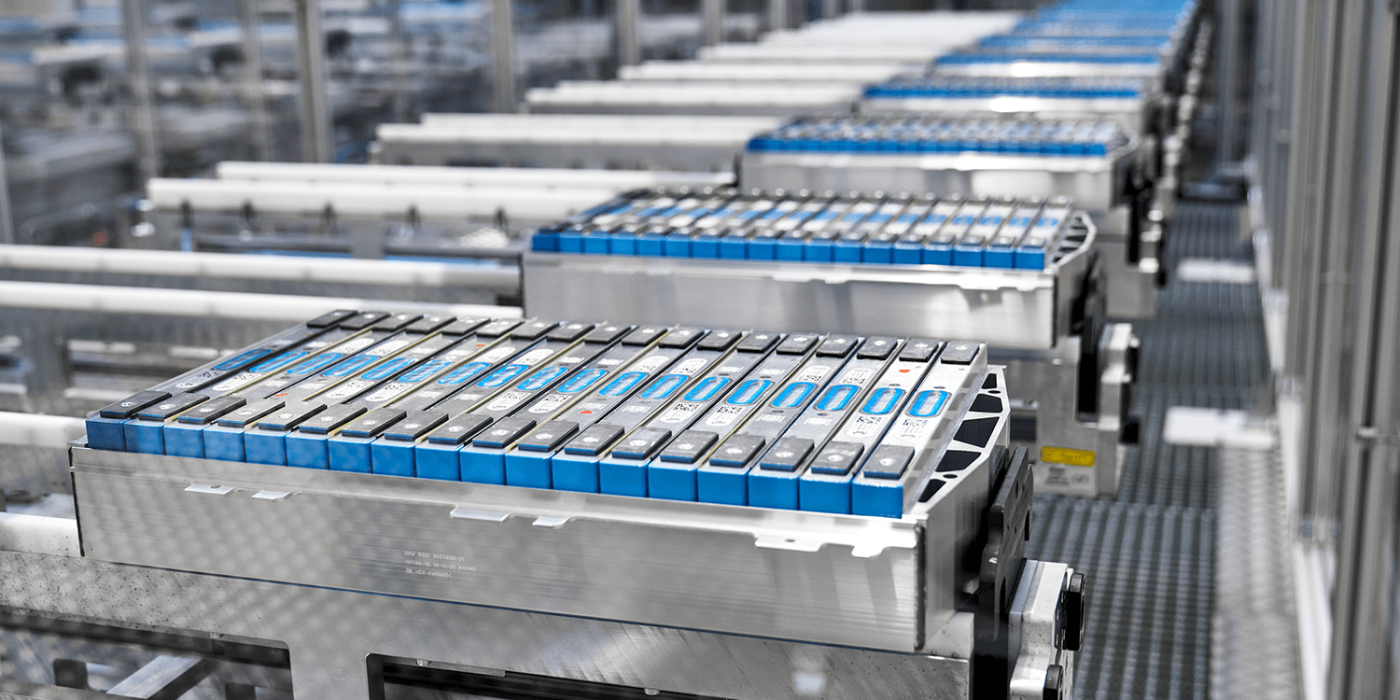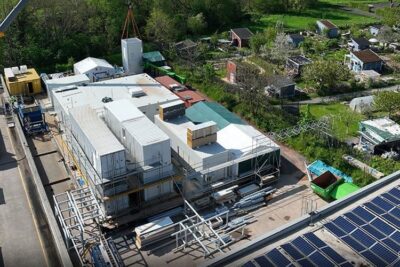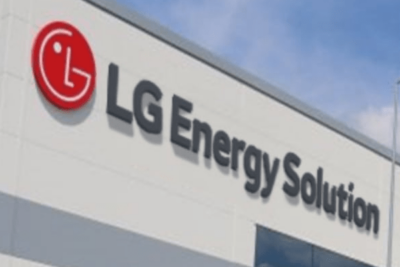EU loosens EV & battery subsidy requirements
The EU Commission has adapted state aid rules to simplify the approval of subsidies in key sectors such as batteries and renewable energies. The new rules are a reaction to the US government’s Inflation Reduction Act.
The amendment gives EU member states greater leeway to provide public funds in the form of grants, loans or tax credits.
In cases where the risk of relocation is high, countries will in future be able to offset subsidies offered by a non-European government, for example, in an attempt to keep the company in the EU. The Commission adopted the revised state aid rules yesterday (Thursday) under the title “Temporary framework for crisis management and change”. This is therefore a temporary amendment that will initially apply until the end of 2025.
We have long been familiar with EU state aid approvals in practice: the Commission decides, taking into account EU state aid rules, to what extent member states may support the development of individual economic sectors “under certain conditions”. These economic sectors must be of common European interest. Major projects with examined aid in recent times included the German ‘Deutschlandnetz’ charging network or the battery IPCEIs, for example.
In view of the Russian invasion of Ukraine and the energy crisis, the EU had already relaxed the rules on state aid considerably. Now the European Commission is going even further to give member states more options to prevent the migration of green technology companies to the US. Since the introduction of the US government’s Inflation Reduction Act, a number of companies are considering prioritising the US over Europe when investing in battery factories. This was recently observed at Volkswagen.
“State aid rules, and in particular the Temporary Crisis Framework, have helped Member States cushion the impact of the current crisis in Europe. The Framework that we have adopted today gives Member States the option to give State aid in a fast, clear and predictable way,” said Margrethe Vestager, Executive Vice-President in charge of competition policy. “Our rules enable Member States to accelerate net-zero investments at this critical moment, while protecting the level playing field in the Single Market and cohesion objectives. The new rules are proportionate, targeted and temporary.”
The current amendment was preceded by a survey and a consultation of the member states. It, therefore, contains the feedback from the countries, the EU Commission informs.






0 Comments